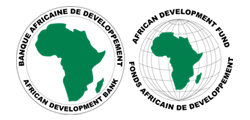
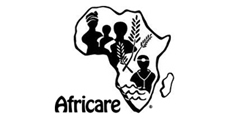
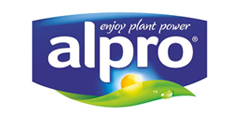

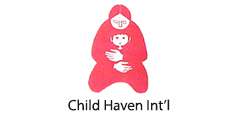
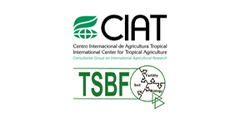

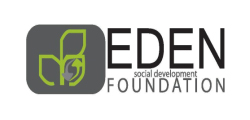


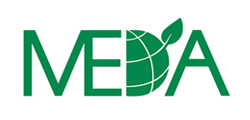
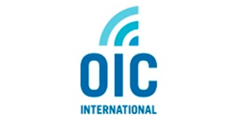

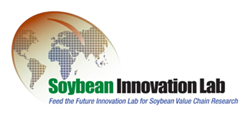
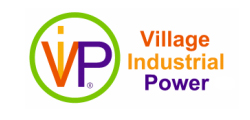
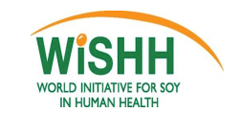
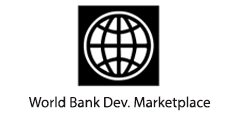
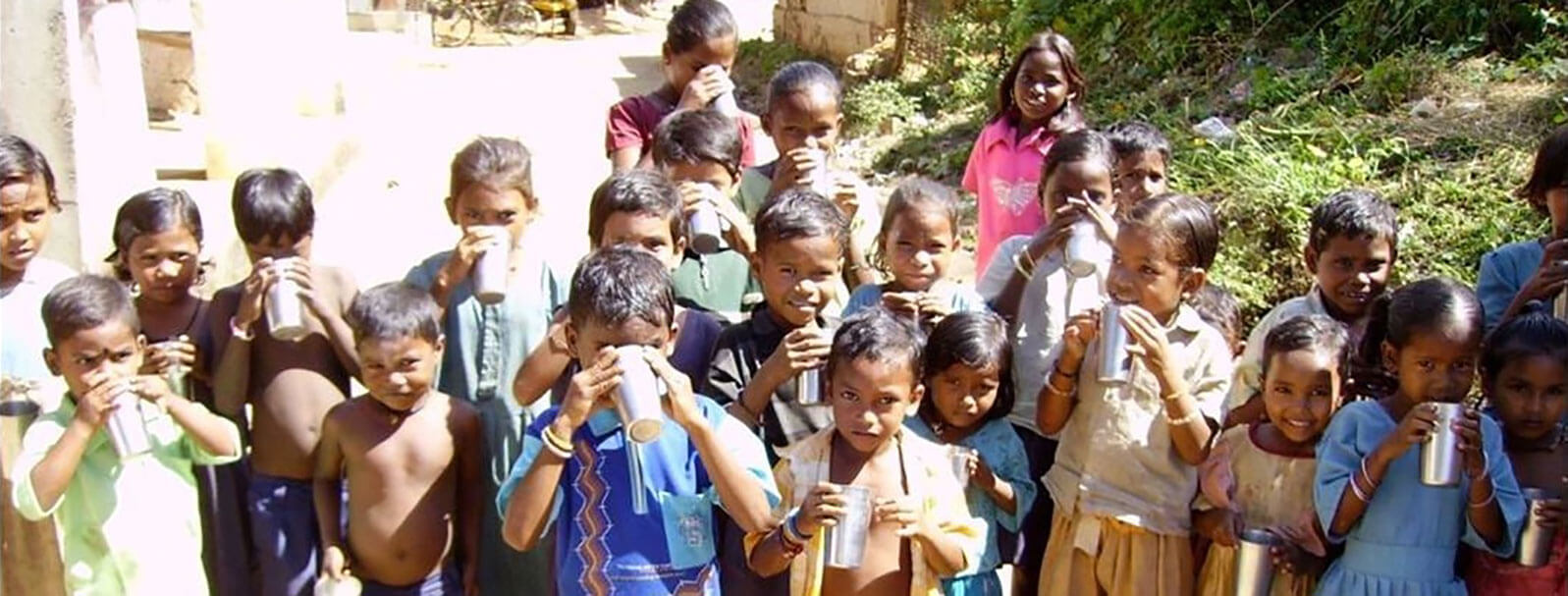
Above: Kids in Bousenmura, rural Odisha, India with soymilk from World Bank-funded school feeding program
Malnutrition Matters is a Canadian-registered, non-profit organization, dedicated to providing sustainable low cost food technology solutions for malnutrition, primarily by using soya, but also cereals, grains, fruits and vegetables. These plant-based foods offer the greatest nutritional, environmental and economic benefits. Furthermore, soymilk and its derivative soyfoods are already well-known for their nutritional value, functionality and the sustainability of their agriculture and production.
Malnutrition Matters' Goals:
Empowerment of Women & Smallholder Farmers
Sustainable Micro-Enterprise: Rural and Urban
Affordable, Improved Nutrition: Rural and Urban
Potential Ten-fold reduction in GHGs, land & water use

Left: Children at orphanage in North Korea | Center: Schoolgirls in Malawi | Right: SoyaKit training near Wa, Ghana
The services of this organization are primarily in support of NGO's / PVO's and small to medium-sized entrepreneurs to develop and expand nutrition and employment programs in developing countries. These services include: equipment supply, training and consulting for production and project management, food product development and related nutritional and agricultural issues. A main objective is to help create sustainable micro-enterprises centered on these affordable food technologies. Technology transfers, to allow the fabrication, training and service to be done in developing countries, have been completed in several countries.

Above: Kids in Bousenmura, rural Odisha, India with soymilk from World Bank-funded school feeding program
Malnutrition Matters is a Canadian-registered, non-profit organization, dedicated to providing sustainable low cost food technology solutions for malnutrition, primarily by using soya, but also cereals, grains, fruits and vegetables. These plant-based foods offer the greatest nutritional, environmental and economic benefits. Furthermore, soymilk and its derivative soyfoods are already well-known for their nutritional value, functionality and the sustainability of their agriculture and production.
Malnutrition Matters' goals:
Empowerment of Women & Smallholder Farmers
Sustainable Micro-Enterprise: Rural and Urban
Affordable, Improved Nutrition: Rural and Urban
Potential Ten-fold reduction in GHGs, land & water use

Left: Children at orphanage in North Korea | Center: Schoolgirls in Malawi | Right: SoyaKit training near Wa, Ghana
The services of this organization are primarily in support of NGO's / PVO's and small to medium-sized entrepreneurs to develop and expand nutrition and employment programs in developing countries. These services include: equipment supply, training and consulting for production and project management, food product development and related nutritional and agricultural issues. A main objective is to help create sustainable micro-enterprises centered on these affordable food technologies. Technology transfers, to allow the fabrication, training and service to be done in developing countries, have been completed in several countries.
CONTACT: Malnutrition Matters, 498 Rivershore Cres, Ottawa, ON, CANADA, K1J 7Y7
Tel: 1 613 742-6888 | Fax: 1 613 745-8258 | Email: matters@malnutrition.org

